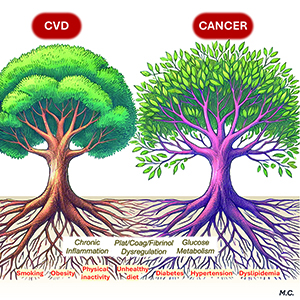“Living under the sword of Damocles”: a psychological support project for patients with immune thrombocytopenia and their caregivers

Submitted: 21 January 2025
Accepted: 18 February 2025
Published: 13 March 2025
Accepted: 18 February 2025
Abstract Views: 60
PDF: 20
Appendix A: 9
Appendix B: 10
Appendix A: 9
Appendix B: 10
Publisher's note
All claims expressed in this article are solely those of the authors and do not necessarily represent those of their affiliated organizations, or those of the publisher, the editors and the reviewers. Any product that may be evaluated in this article or claim that may be made by its manufacturer is not guaranteed or endorsed by the publisher.
All claims expressed in this article are solely those of the authors and do not necessarily represent those of their affiliated organizations, or those of the publisher, the editors and the reviewers. Any product that may be evaluated in this article or claim that may be made by its manufacturer is not guaranteed or endorsed by the publisher.
Similar Articles
- Kristen M. Sanfilippo, Tzu-Fei Wang, Venous thromboembolism and mortality in patients with hematological malignancies , Bleeding, Thrombosis and Vascular Biology: Vol. 3 No. s1 (2024): 12th ICTHIC
- Agnes Y.Y. Lee, Venous thromboembolism treatment in patients with cancer: reflections on an evolving landscape , Bleeding, Thrombosis and Vascular Biology: Vol. 3 No. s1 (2024): 12th ICTHIC
You may also start an advanced similarity search for this article.

 https://doi.org/10.4081/btvb.2025.161
https://doi.org/10.4081/btvb.2025.161










